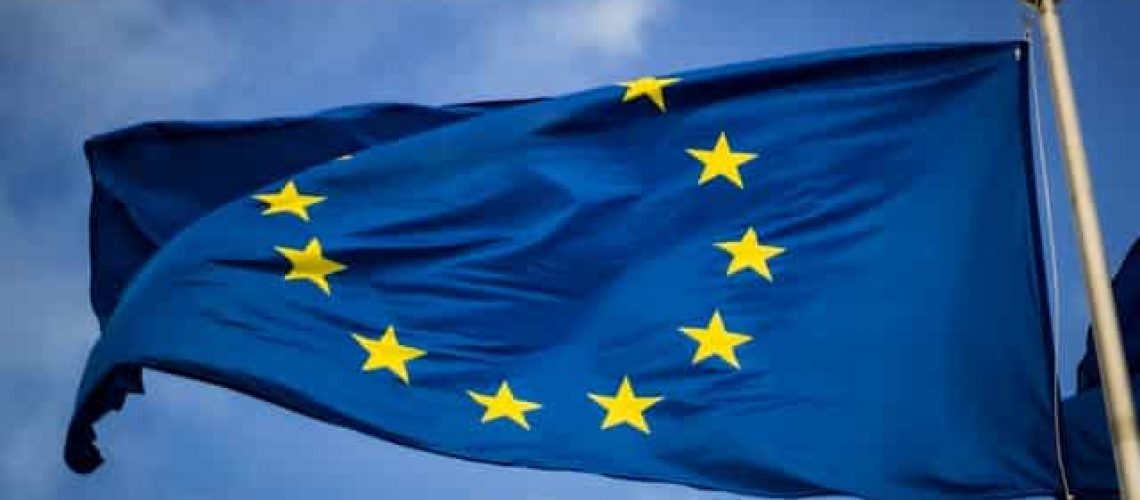Brexit might have officially happened on 31 January 2020, but the latest VAT change happened in June 2021: so what are the VAT rules on exports of goods from the UK to EU countries?
The first thing to point out regarding the European VAT situation post Brexit is that there are two different VAT rules: UK ones and EU ones. Under the new UK rules almost all B2B exports of goods are zero rated and no VAT is charged. You would be forgiven for thinking that this was ‘Simples!’, alas not.
The EU VAT situation is different and may well require you to register for VAT in the EU – potentially in each of the 27 different EU countries!
1 – When goods arrive into the EU from the UK they are subject to EU customs duties or tariffs, and to EU VAT, just like goods from anywhere else that is not an EU country. Therefore it is often useful to work with an export/import intermediary who can deal with that for you. If not, you need to make sure that your EU customer is able to make the import declaration and deal with any licences or certificates that may be required.
This bit is quite important as it is becoming popular for the UK business to take responsibility for the EU customs clearance process and for paying the EU import VAT. This allows you to deliver your goods duty paid, or DDP, and is obviously simpler for your customer.
The alternative position is that your customer is responsible for the process and for paying the import VAT.
Agreeing who is responsible for the import VAT is important, and needs to be part of the sales process. There have been instances of EU customers refusing to pay the import VAT and for the goods to have been seized by the customs authorities as a consequence: all of which means agreeing this needs to be part of your sale contract terms.
2 – You will need a UK EORI number and for DDP an EU EORI number. As part of the import into the EU process you will be required to prepare additional paperwork with commodity classification codes and other details and sometimes you will need an export licence. You will need to provide a certificate of origin to qualify for EU zero tariffs. You need to check the paperwork requirements carefully so that you have it all ready at the point of arrival in the EU.
3 – All of this can make the process of exporting to the EU a bit more time consuming and obviously quite a lot more hassle with the paperwork! A good freight forwarder can obviously make this bit a lot easier.
4 – If you decide to go down the Delivered Duty Paid route and are clearing the goods into the EU, then:
- You will need to register for VAT in the EU as a non-resident VAT trader. You need to register for VAT in the country of entry to the EU. Obviously if you fly goods to several different EU countries then that will mean registering in each of those EU countries!
- You will need to appoint a EU resident fiscal representative to deal with your into the EU import VAT.
This article is not comprehensive and concerns physical goods – and the VAT rules for services and for digitally supplied services are different! Honestly, it can be a minefield and if you need help then get in touch.







